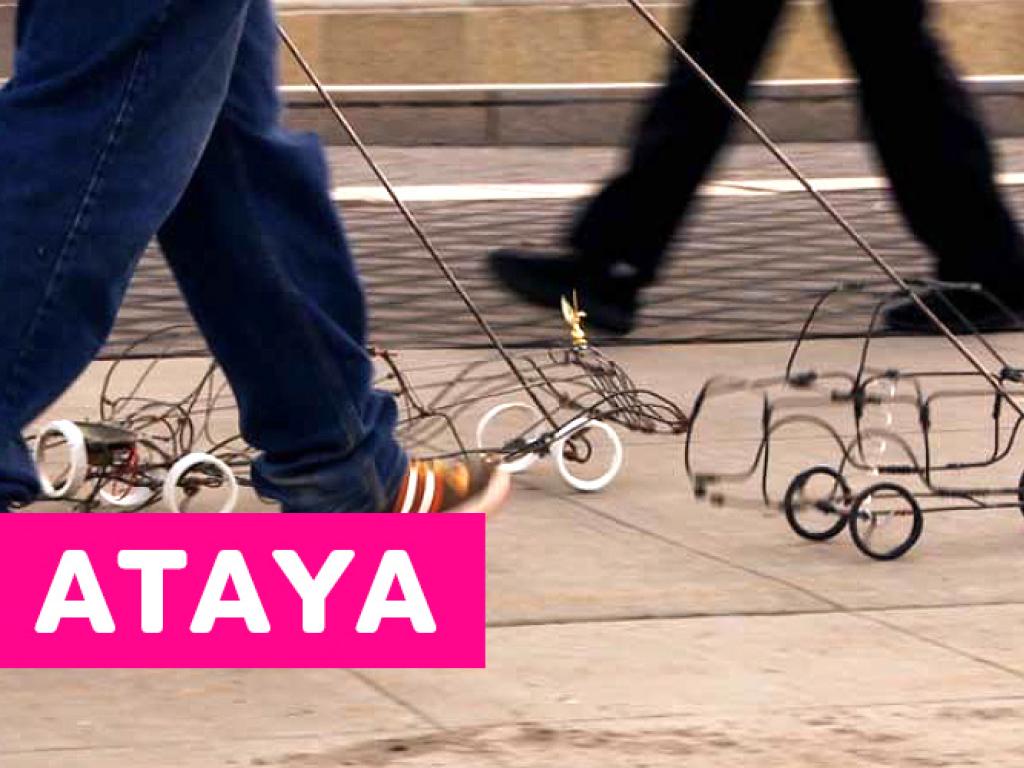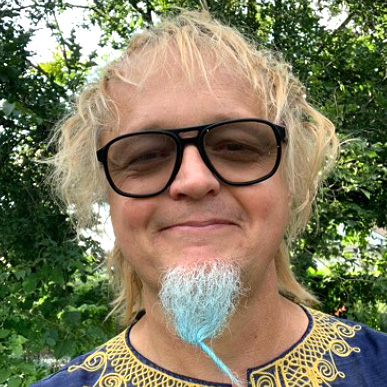Using art to blur divisions between time and space – Chido Johnson


Ataya: HUMA Interdisciplinary Seminar Series

Projects: Wire-car Auto Workers Association of Detroit (WAWAD); Zimbabwe Cultural Centre of Detroit (ZCCD) including ‘Jit Exchange’ and ‘Motown in Zimbabwe’; and Amina (a Puppet Project). Please view documentation before the seminar at Wire Car Cruise
Bio: Chido Johnson is a Detroit artist, 2009 Kresge Fellow, and currently the section chair of Sculpture at the College for Creative Studies in Detroit, Michigan. He was born and raised in Zimbabwe and Zambia, then moved to the US in his adulthood. Both his BFA degrees in Sculpture in 1996 and in Painting with a minor in Drawing in 1997 were from the University of Georgia, Athens. Chido obtained his MFA Sculpture degree from the University of Notre Dame in 2000. He is the founder of the Wire-car Auto Workers Association of Detroit and a co-founder of the Zimbabwe Cultural Centre of Detroit. He has worked, exhibited and taught both nationally as well as internationally. He can be seen on a nice summer day pushing his 1967 pink wire-car Cadillac in the neighbourhoods of Detroit.
Topic: Living between cultures – the United States and Zimbabwe – has led Chido Johnson’s work to persistently locate cultural spaces identified as other and different, in an attempt to find physical or narrative performances to transform and negotiate a new sense of self, place and belonging. This presentation explores the artist’s work connecting Detroit and Zimbabwe, using art production and research to form connective tissues. The Wire-car Auto Workers Association of Detroit (WAWAD) conducts workshops in wire-car making in Detroit, connecting an African childhood vernacular practice with the cultural practices of this US ‘motor city’. Performing as consulates, the Zimbabwe Culture Centre of Detroit (ZCCD) connects practitioners between the two locations, identifying commonalities in areas such as dance and music – in the ‘Jit Exchange’ or ‘Motown in Zimbabwe’ for example. What are the links between Motown and African liberation? A Puppet Project connects across both time and space, recovering and continuing a project initiated by the artists’ parents (Chido and his collaborator Shepherd Ndudzo) in the 1960s. All three projects explore connections between continental Africa and its diaspora, using artistic practice as research tool and communication.